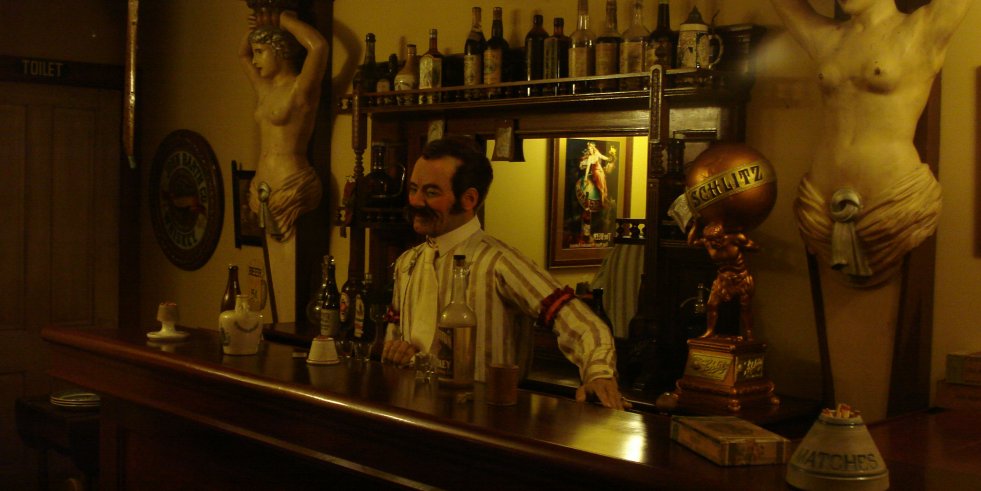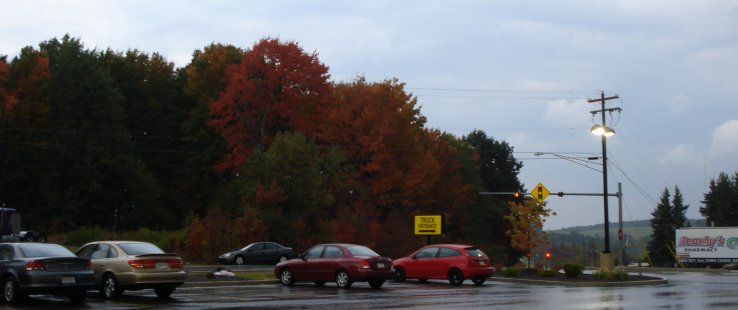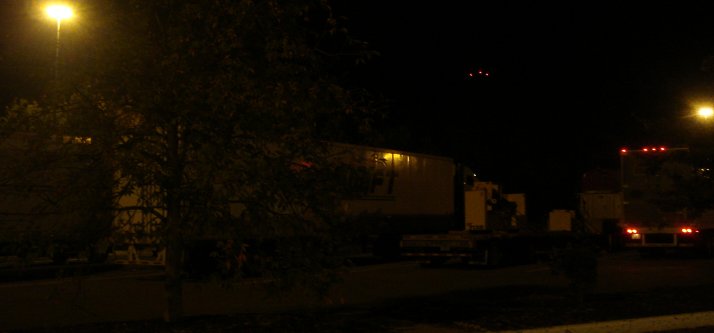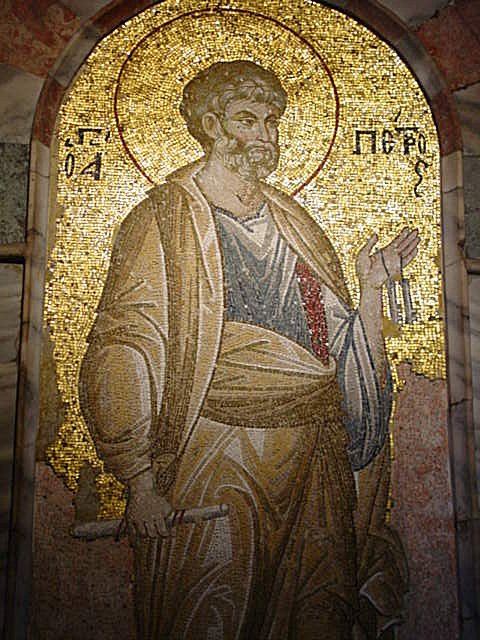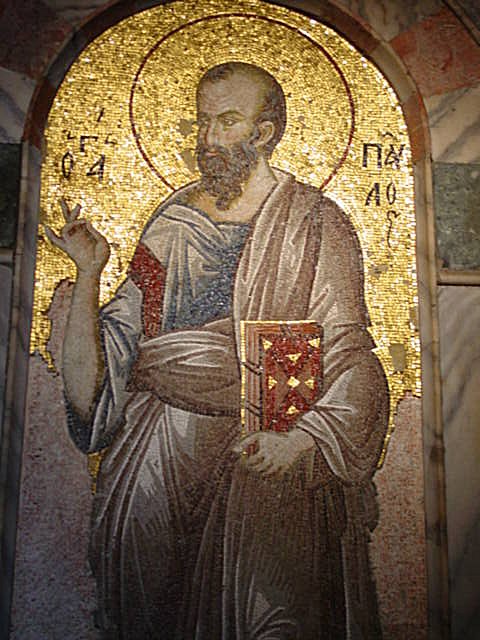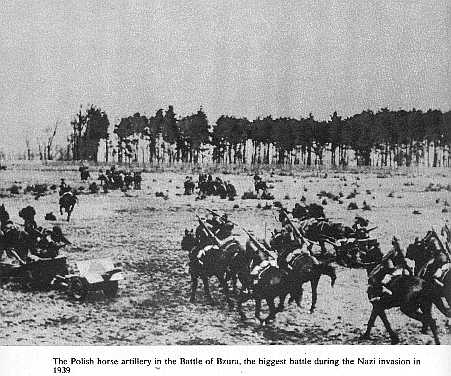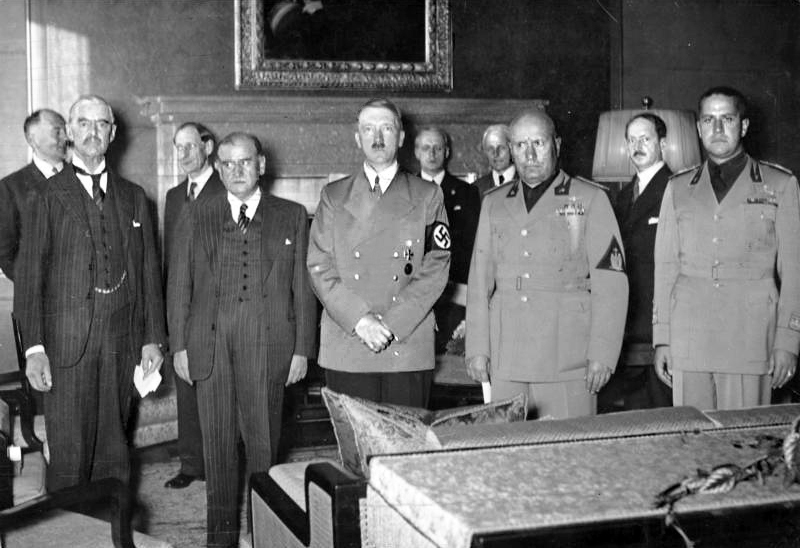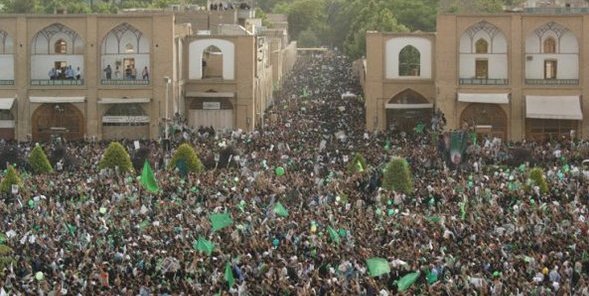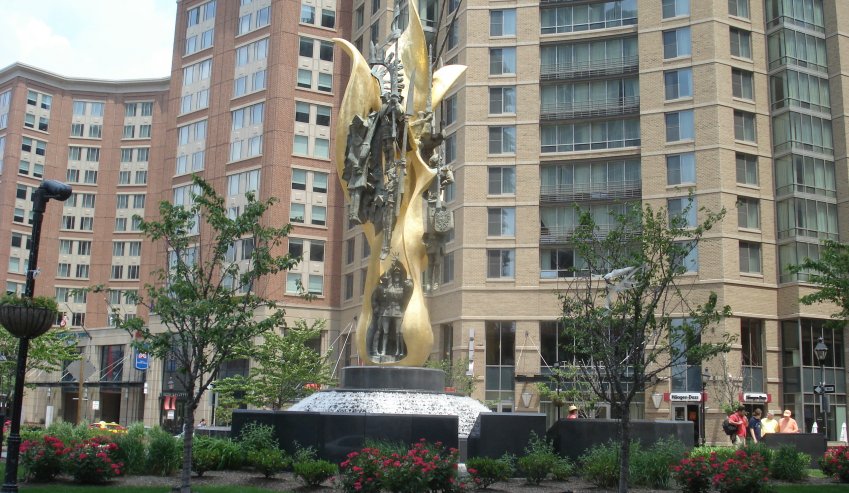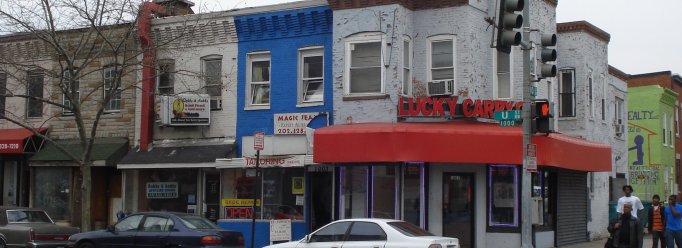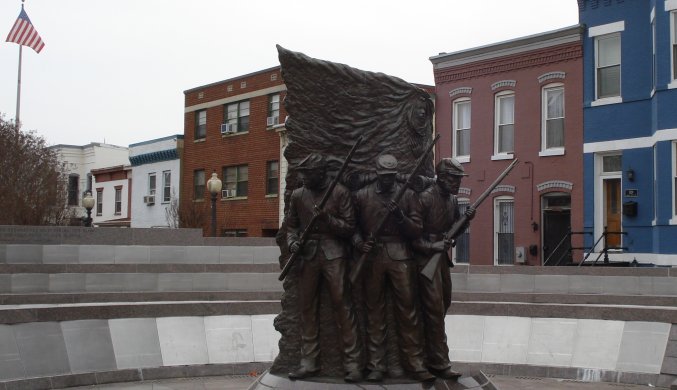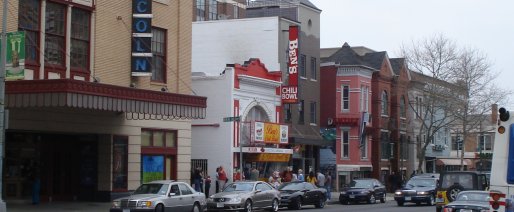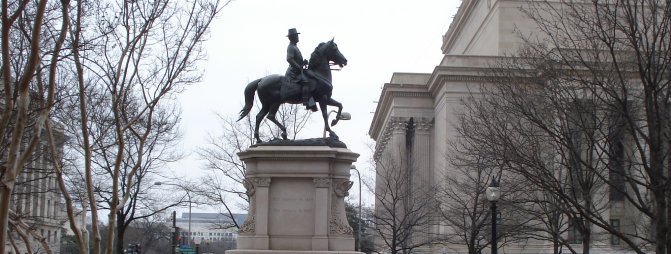Meaning often lost is translation but you can sometimes find even greater significance in different interpretations if you look hard enough. I have long been interested in Taoism (the philosophy not the religion) and have been fascinated by the great variety of translations of the words of Lao Tzu. Some of them directly contradict the others, so I have given up on the “true meaning” and rather go with the meaning useful for me. In other words, I take inspiration rather than direction.
I was talking to a Chinese translator who told me that Lao Tzu was not nearly so mystical in Chinese. The translations had enhanced the mystic feel and may have created some where none was implied. Lao Tzu, he said, was actually a lot like “Poor Richard’s Almanack.” Consider the old saying, “Early to bed, early to rise, makes a man healthy, wealthy and wise.” Here is my reformulation, “He who is present at the dawn will come to know the robustness of fortune on the path of ancient wisdom.”
I still go with the ancient wisdom, but I understand that a lot might be what the translator put there and what I am reading into it. This is really a good thing. We improve it and make it more applicable to our circumstances. That is why it is impossible for something written just a few years ago to be a “classic”.
To be a classic, a work has to have been interpreted and reinterpreted by at least a couple of generations, each accreting its own perspective and wisdom. In other words, the wisdom of Socrates or Lao Tzu wasn’t as potent when it was first bottled as it became after being properly aged and filtered by subsequent generations.
Philosophy & literature, like fine wine, good cheese or even decent beer, require time to ripen.
Writing good literature in translation takes a good writer in the target language, since it is much more than just substituting words. Nobel-Prize winning poet Seamus Heaney’s translation of “Beowulf” is probably better than the original in many ways and we cannot say how much of its beauty is from the original and how much from the poet’s skill. We have our pick of translations of the Iliad, the Odyssey and the great philosophers of the world.
I don’t remember much of the classical Greek I once knew, but I do recall the many possible interpretations of even simple texts and that some things couldn’t be rendered elegantly into English. The most common challenge was a kind of framing (µεν …. δε), which we translated as “on the one hand … on the other hand” but it didn’t really mean that in most cases. It was just a kind of notice that a comparison was on the way. Sometimes it was used ironically, i.e. in the sense of saying no comparison was possible. If you translated it faithfully, you might create the false impression that a comparison was made when none was implied. If you were merely inspired by the meaning, i.e. did not try to be too literal, you could be accused of putting too much of your own personality into the translation. If you read Plato or Aristotle, the translations are full of decisions and compromises made by translators, so never tether yourself too closely to any particular turn of phrase.
My job has often involved foreign languages, supervising translators and/or using translations. I am not sure that most people are aware of the types of considerations I mention above. More and more I am going with the inspirational rather than the literal idea. I know the pitfalls. Whenever you lard anything with your own judgment, you change it. But every choice is a judgment. Should we leave a literal translation that we think be interpreted incorrectly by the listeners or do we go with something that might change the meaning?
I recall hearing about a Russian who complained that the translator got it wrong. He asked the rhetorical question, “Can a hunchback change his hump?” which was translated as, “Can a leopard change his spots?” There is clearly a difference. A hunchback, in spite of the nobility of the hunchback of Notre Dame and the lovable subsequent Disney character, is vaguely creepy and menacing and the condition is usually the result of an accident. A leopard is sleek and wild and his spots are a natural condition. We don’t have that hunchback metaphor is English but the translator should have stuck with the clumsier literal translation.
The best translated speech I ever heard was when President Clinton announced support for Polish NATO membership in Warsaw in 1997. But Clinton’s speech was not really very good. The Polish translation was much better and delivered better (with sequential translation) by Victor Lipinski, who had a knack for the dramatic perfectly tuned to Polish sentiments, which Clinton lacked as an outsider. Even though English is my language and I understood all the words (something I cannot always do in Polish) I could appreciate that the Polish was better. But then it had the advantage of being enhanced by the emotion and the symbolic lifting of generations of oppression by Czars, Nazis and Communists. That meaning was FOUND in translation floating on the aspirations of millions of people.
BTW – If I may digress on a spectacular memory involving a beautiful translation, I still remember that day in Warsaw in July 1997. It had been rainy and overcast with black clouds all day. The sun came out as if on schedule when Presidents Clinton and Kwasniewski came out in front of the Royal Palace to make speeches. As President Clinton (and Victor) reached the crescendo, promising that Poland would never again be conquered, they released thousands of red and white (Polish national flag colors) into the sky. They rose into sunlight and danced against the ominous dark clouds now receding into eastern sky. No special effects artist could have planned it better.
BTW 2 – The pictures above are St. Peter and St. Paul from the Church at Chora in Istanbul. They actually require significant translation & explanation. Although I am not expert enough to give the whole story, let me do the basics of what I remember the guide telling us. The images of these two saints were more or less set in the first centuries AD and these two representations are typical. Paul is balding and intellectual; Peter a big burly guy. Since there are no contemporary pictures of the two men, the representations developed and scholars study how they changed over time as artists learned from each other. They also draw on older, even pre-Christian models and the depictions are also dependent on the technology, i.e. mosaic used to create them.
Notice the symbolism. Peter is holding the keys to the kingdom of heaven. The Popes in Rome made a big deal about being the successors of Peter and so the holders of the keys. The Greek Church was less interested in that particular, but kept the same symbolism. From these mosaics and others around town, you can also see how the ethnic mix changed. Presumably, the artist made portrayed people as he knew them around him. All of what is now Turkey was part of Greco-Roman-Christian world ethnically, linguistically and culturally. To the extent that the native people living in Istanbul (then Constantinople) looked like Peter as depicted before the Turkish conquest, they were significantly different from the people living there today. A guy looking like Peter might be mistaken for a German tourist in today’s Istanbul, although Paul could probably pass unnoticed on the streets. So in these mosaics, we see tracks of the changing religion, culure, ethnicity and interpretations of history. There is a lot of meaning beyond the pretty pictures.
Anyway, these mosaics are true classics, since they incorporate ideas and personality of generations long past. They need explanation. We may never get the meaning “right” but we can find the meaning nevertheless.

